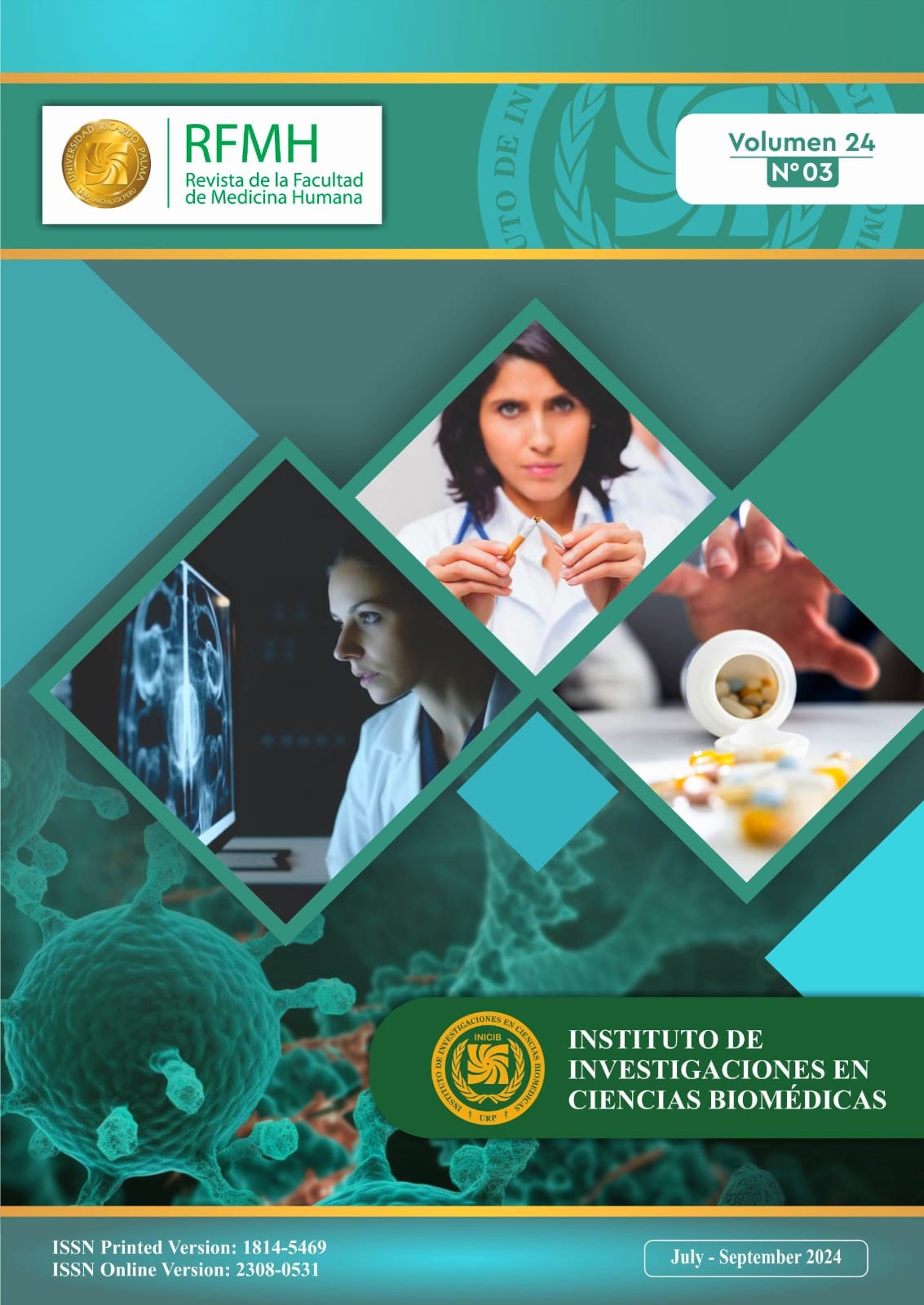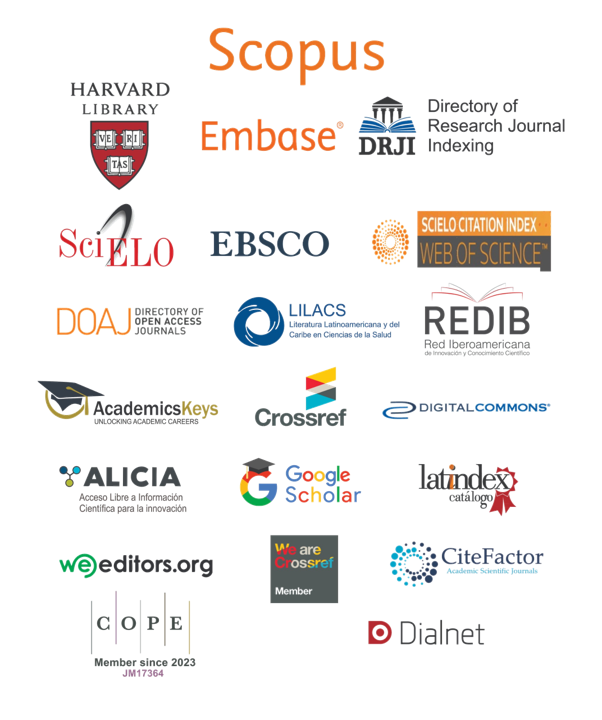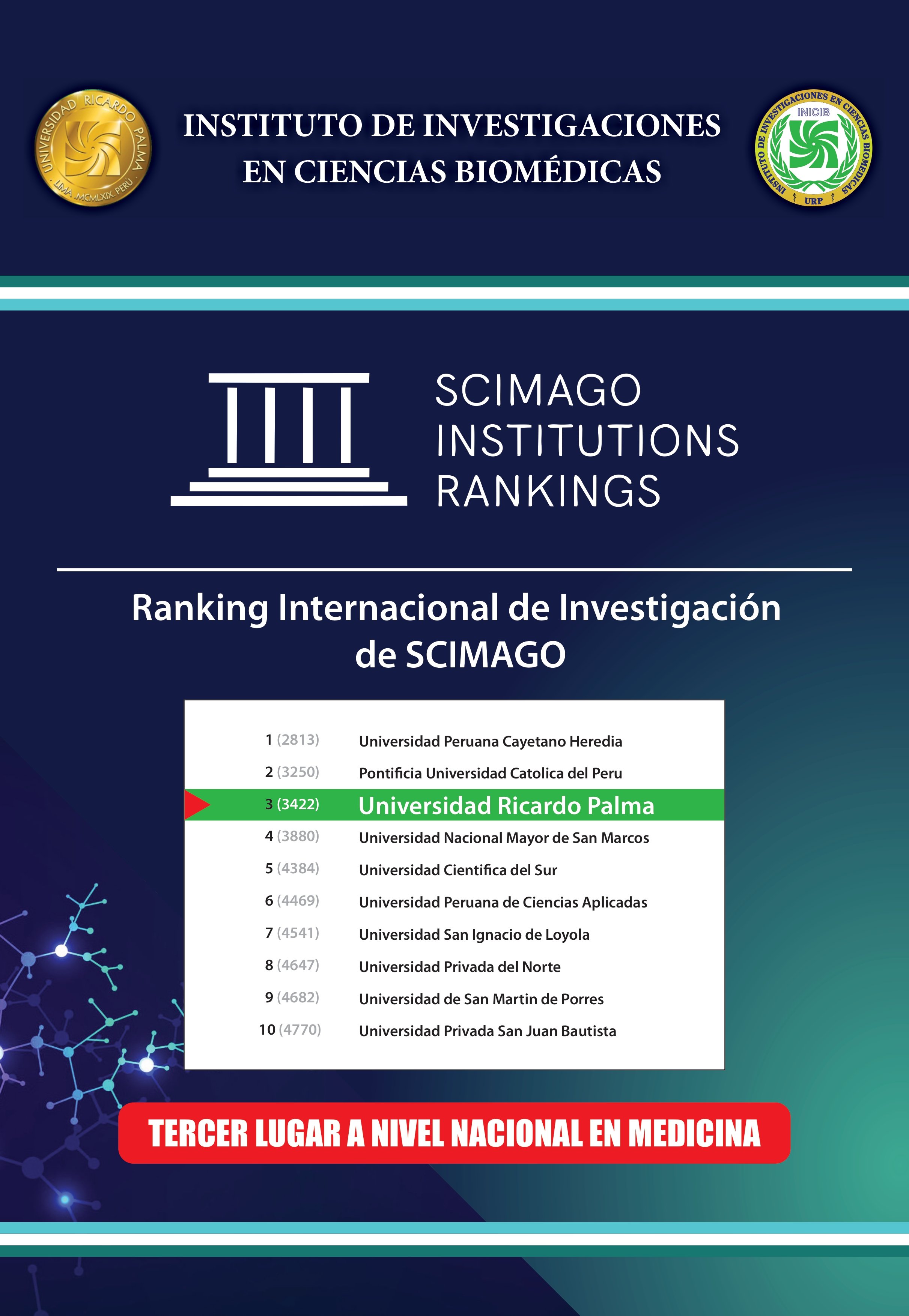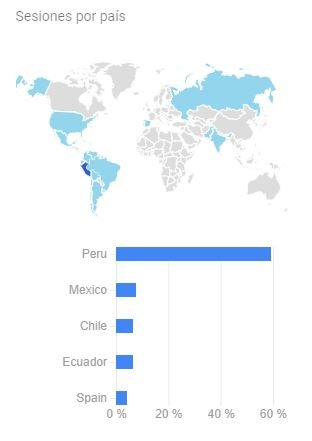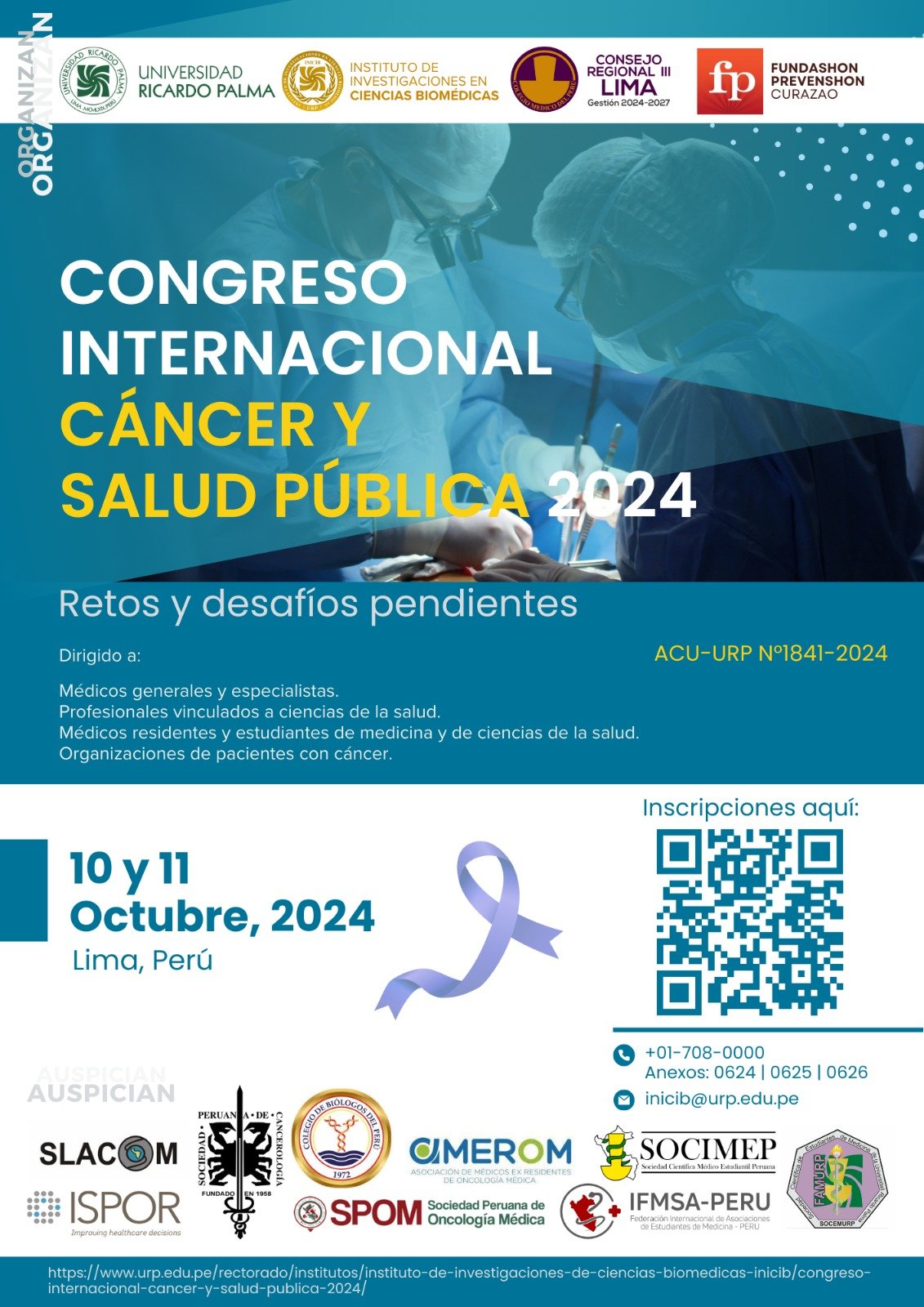Clinical-pathological characterization, viral genotipification and genetic heterogeneity as risk determinants in COVID-19: Study design and initial findings
Caracterización clínico-patológica, genotipificación viral y heterogeneidad genética como determinantes de riesgo en COVID-19: Diseño del estudio y hallazgos iniciales
DOI:
https://doi.org/10.25176/RFMH.v20i3.3040Keywords:
SARS-COV-2, COVID-19, Pathology, InmunohistoquímicaAbstract
Introduction: The objective of the study is to describe the clinical, pathological, virological and genetic characteristics ofthe immune response of patients diagnosed with SARS-CoV-2 infection and its relationship with the unfavorable courseof the disease. Methods: Descriptive, relational, longitudinal and retrospective study based on the review of medicalrecords, taking post-mortem tru-cut biopsies of the lung and liver, taking blood samples and naso-oropharyngeal swabor endotracheal tube aspirate. In the first phase, the biopsies will be processed and studied with conventional andimmunohistochemical histology in the Pathological Anatomy service of the Carlos Seguín Escobedo National Hospitalin Arequipa, Peru. Results: Advanced mean age, male sex, and the presence of comorbidities were predominant indeceased patients. Lung biopsies showed predominantly the exudative and partially proliferative phases of diffuseand focal alveolar damage, associated primarily with intraalveolar macrophage hyperplasia with accumulation withinthe alveolar space-resembling desquamative pneumonia, as well as atypical binucleated intraalveolar pneumocytes,with eosinophilic nucleoli (similar to virocytes) in some cases. In the vast majority of cases, intravascular fibrin depositsassociated with the accumulation of inflammatory cells composed of neutrophils and monocytes, representingmicrothrombosis, were observed. Liver biopsies showed predominantly macrovesicular steatosis and in twocases microvesicular steatosis was observed. Additionally, varying degrees of necrosis and mild portal and lobularinflammation were observed. Conclusion: The clinical and pathological findings in this first report are consistent withprevious publications and confirm the pattern of diffuse alveolar damage associated with aggregates of intraalveolarmacrophages and microthrombosis; confirms in addition, macro and microvesicular hepatocytic steatosis, togetherwith variable degrees of necrosis.
Downloads
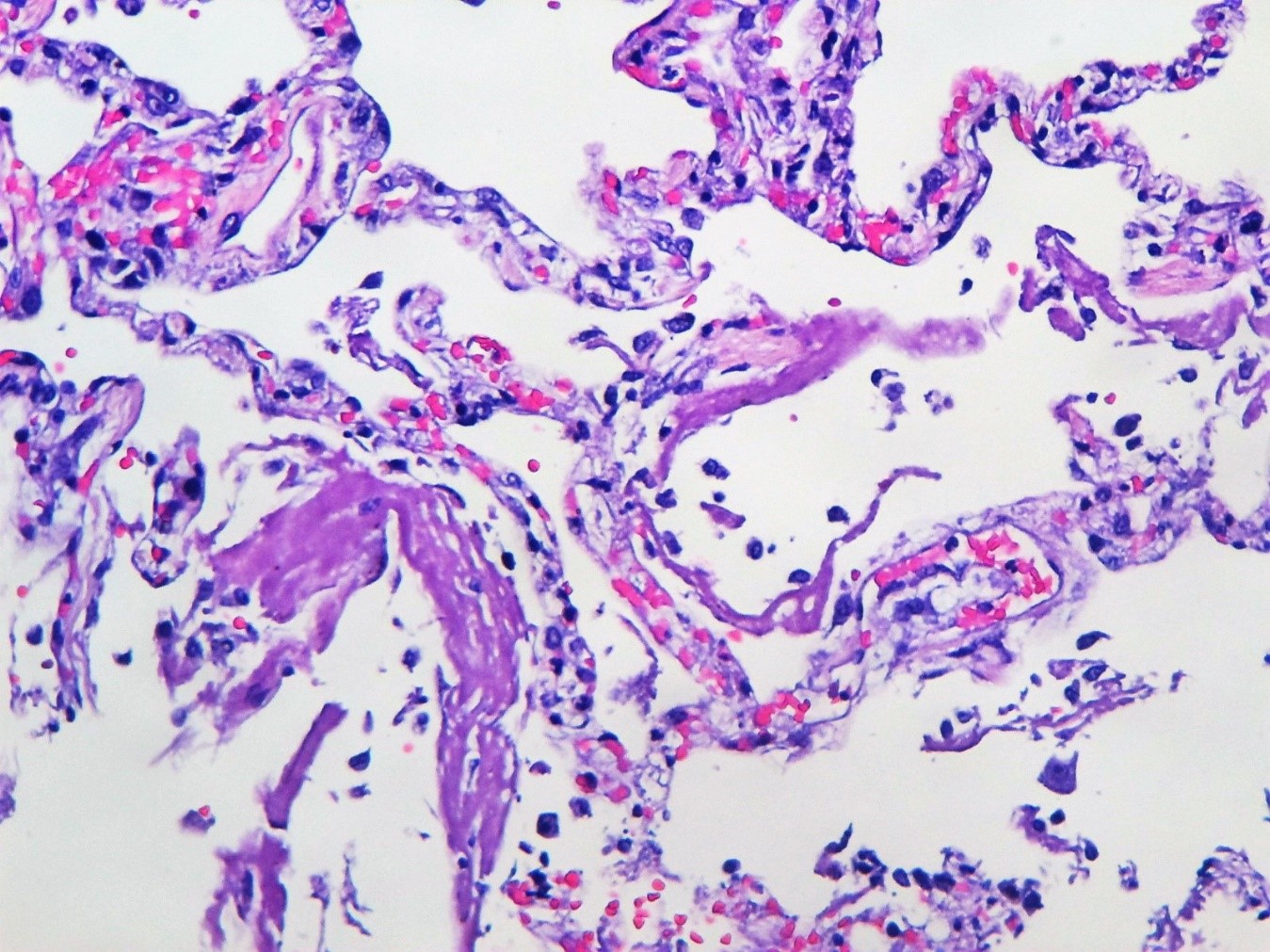
Downloads
Published
How to Cite
Issue
Section
License
Copyright (c) 2020 Revista de la Facultad de Medicina Humana

This work is licensed under a Creative Commons Attribution 4.0 International License.



